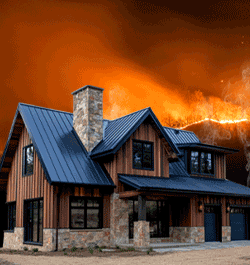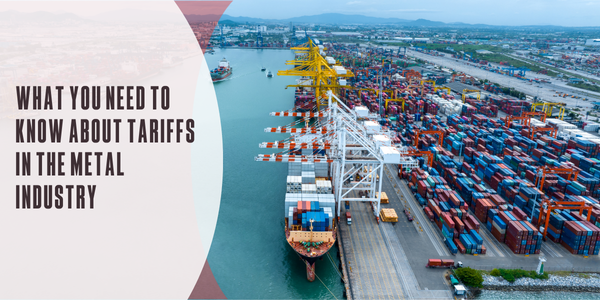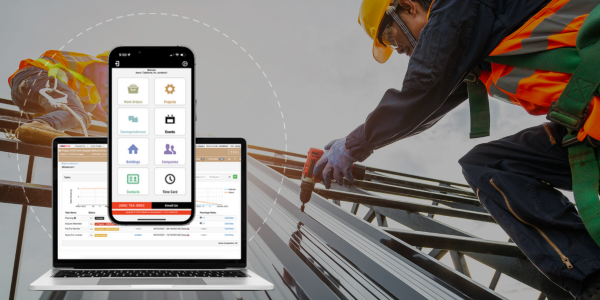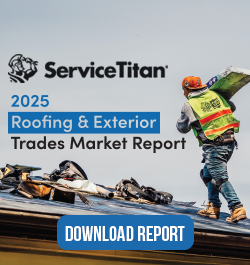What you need to know about tariffs in the metal industry
April 19, 2025 at 6:00 a.m.By Dani Sheehan.
Understand the immediate financial impact of steel and aluminum tariffs on our industry and explore strategies you can use to stay ahead.
Steel and aluminum tariffs are back in the spotlight – and they’re more complex (and costly) than ever. Whether you’re a contractor sourcing metal panels, fasteners or flashing, changes in tariff laws could have a direct impact on your pricing, planning and project timelines. In a recent Coffee Conversations®, sponsored by Sherwin-Williams Coil Coatings, three Sherwin-Williams' experts sat down with Heidi J. Ellsworth to break down what contractors need to understand about tariffs, supply chain strategy and transportation costs. Here are their top takeaways:
1 – Tariffs are back – and they’re broader than before
Melanie Butler, director of trade and transportation compliance, explained that the U.S. government has reinstated and expanded Section 232 tariffs, which apply 25% duties to most imported steel and aluminum – now including products from countries that were previously exempt. “All current exclusions expire at their current expiration date. The country exclusions are now revoked... These tariffs do apply to all our trading partners,” Melanie shared.
The tariffs now also apply to derivative products – like fasteners, tools and household items made from steel or aluminum – and unless the raw materials were melted or smelted in the U.S., these duties could impact roofing-related goods.
2 – Freight costs surge ahead of tariffs
Adam Albrecht, director of international transportation to and from the United States, shared how tariff news has affected the transportation side of the supply chain. Importers often pull orders ahead of tariff deadlines, flooding ports and driving up ocean freight rates. He explained, “U.S. imports from Asia increased 12% year over year in January... the container freight rate from Shanghai to Los Angeles was 57% higher in January of 2025 versus January of 2024.”
The good news? Rates dropped slightly in February, and new container vessels could help reduce congestion in origin ports – but for now, expect ripple effects on lead times and landed costs.
3 – Supply chain strategies are shifting
According to Junny Lee, operations manager of materials, businesses need to be more intentional than ever when it comes to sourcing and planning. Understanding your materials’ HTS codes (the numbers that determine tariff classification) is now essential. “It’s not really a one-size-fits-all strategy,” Junny said. “Knowing, understanding your supply chain, especially those HTS codes, is the best way to get transparency and visibility.”
Some companies are stockpiling inventory now to ride out the tariff wave, but once that runs out, there may be tough decisions ahead. Now is the time to start preparing your business for greater agility to handle any additional changes that might be coming.
Want the full breakdown? From cumulative tariffs to spot market shipping rates, this conversation covers the moving parts behind metal pricing and availability. Read the transcript, Listen to the podcast or Watch the webinar to hear how you can stay ahead of these changes – and what to watch for next.
Learn more about Sherwin-Williams Coil Coatings in their Coffee Shop Directory or visit www.industrial.sherwinwilliams.com.

About Dani
Dani is a writer for The Coffee Shops and AskARoofer™. When she's not writing or researching, she's teaching yoga classes or exploring new hiking trails.






















Comments
Leave a Reply
Have an account? Login to leave a comment!
Sign In